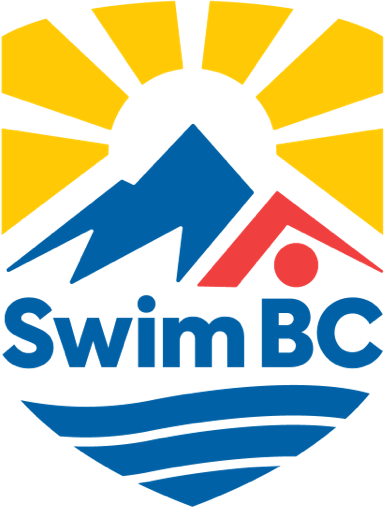
Back to Touchpad
Swim Together: A new model of co-participation for women and girls in sport
December 20, 2021
Check out the following article from SIRC written by Katie Misener, Haley Baxter, Erin Schmidt, Sydney Dysart, Jenn Horndl, and Dawn Trussell.
Full article can be read here.
Parents and guardians are frequently left on the “sidelines” watching their children participate in sport. By prioritizing their child’s involvement, adults often don’t participate in sport and physical activity themselves, and their own well-being may suffer (Misener, 2020). In particular, mothers may view recreational sport for themselves as either a guilt-laden activity or a luxury due to both cost and time (Jones et al., 2010).
Research suggests that while mothers recognize the benefits of physical activity, they often put the needs of their children, household or employer above their own needs (Hamilton & White, 2010). With adult obesity and daily working hours on the rise (Statistics Canada, 2016), coupled with greater social isolation and many pandemic challenges, this lack of participation in sport and recreation among parents may persist. That could have detrimental psychological and health consequences, particularly for women.
When it comes to recreational sport, girls also face many barriers to participation, including the stigma associated with body image, negative peer influence, and lack of social support and positive role models (Canadian Women & Sport, 2020). Research also tells us that parental involvement plays a critical role in motivating children to remain active in sport. In particular, girls who were engaged in more sports and practised more often per week were those who had a mother practising organized physical activity regularly (Rodrigues et al., 2018).
This blog shares early findings from a mother-daughter swim program. It also encourages sport leaders to think about sport programs differently and re-shape how to offer sport to female youth and their parents. A SIRC Researcher/Practitioner Match Grant and a Canadian Parks and Recreation Association (CPRA) Gender Equity in Recreational Sport – Community Grant provided funding support for this research partnership and program.
